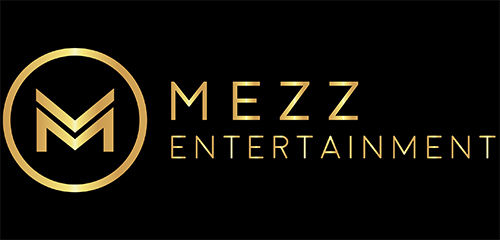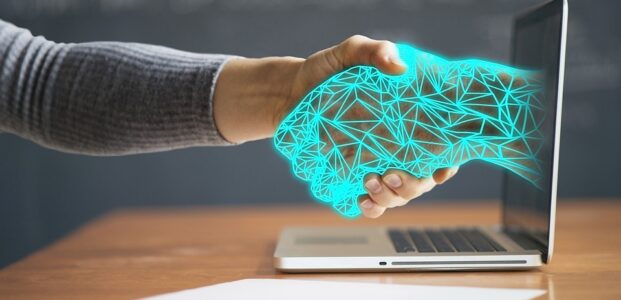April 14, 2023
Emily P.
Artificial intelligence (AI) programs are now dabbling in the creation of music, lyrics, and even vocals, without human input or interference. These programs can be “trained” to produce new music by being fed hundreds samples of pre-existing music to be used as the foundations and references to generate new music. However, while it is impressive that the technology is advancing so far, there are a multitude of concerns that musicians, producers, record labels, and music enjoyers alike share about the emerging activity. For one thing, there is something intrinsically human about creating and expressing oneself through any art form, be it visual, audible, written, or performed. The intricacies, nuances, complications, and emotions of the human condition are what is expressed through these art forms. Art created by artificial intelligence software programs are essentially taking the human out of human expression.
In addition, AI is allowing not only the style/production of pre-existing music to be replicated, but also the voices of established artists. “AI cover songs” are a trend on the rise, which are essentially pre-existing songs being sung by the voices of different artists, all by using AI to replicate a particular singer’s voice. For example, linked here is a video of Drake’s “Passionfruit” being sung by Ariana Grande. Ariana has never officially covered the song, but by using AI, this cover sounds nearly identical to her actual voice. This opens up a serious can of worms for a multitude of reasons: These covers might go against the wishes of the artist whose voice is being replicated, if the artist doesn’t approve of their name or their voice being associated with the song being covered or the artist behind the original song being covered. The artist just might not be comfortable with their voice being replicated in any capacity, for any reason. The replication of an artist’s voice in and of itself makes it so that an artist’s voice can be featured on any song, without the actual artist ever recording anything. Essentially, this has the potential to replace the artist with an AI replication of their own voice. Even worse, this has the potential to lead to impersonation issues.
There is also the pressing issue of AI-powered music being used irresponsibly, and infringing on the copyrights of pre-existing music, which is already starting to be addressed by various leaders within the music industry. On Wednesday, Universal Music Group sent a message to various streaming services, including Spotify and Apple Music, insisting that they crack down on AI software developers and companies that would utilize UMG’s copyrighted music to “train” their programs. A newly formed coalition known as the Human Artistry Campaign is set on ensuring that the newly emerging technology is utilized responsibly and ethically with regards to copyrighted music. The coalition is made up of many industry leaders and organizations, including ASCAP, SESAC, BMI, SoundExhange, RIAA, NMPA, and A2IM, amongst a multitude of others. The coalition outlines seven core principles for AI software developers and companies to follow, in order to “support human creativity and accomplishment.” The seven principles are as follows:
- Technology has long empowered human expression, and AI will be no different.
- Human created works will continue to play an essential role in our lives.
- Use of copyrighted works, and the use of voices and likenesses of professional performers, requires authorization, licensing, & compliance with all relevant laws.
- Governments should not create new copyright or other IP exemptions that allow AI developers to exploit creators without permission or compensation.
- Copyright should only protect the unique value of human intellectual creativity.
- Trustworthiness and transparency are essential to the success of AI and protection of creators.
- Creators’ interests must be represented in policymaking.
A more in-depth explanation of each principle is given on the coalition’s website. Also on the coalition’s website is a petition for AI software developers and companies to uphold these seven principles.

